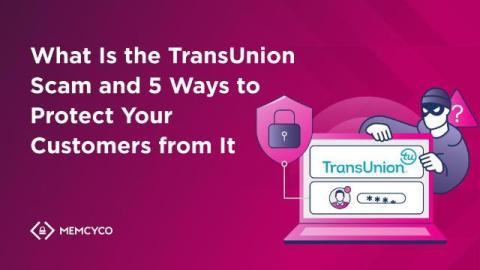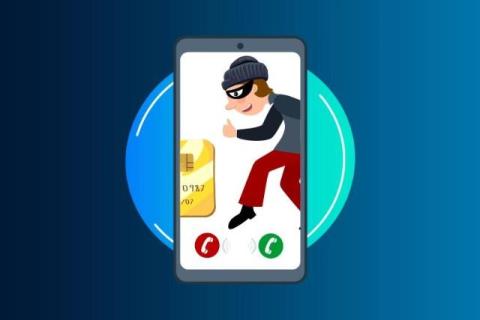CIO POV: Beware of Deepfakes Infiltrating the Enterprise
Many years ago, the philosopher Phaedrus said, “Things are not always what they seem; the first appearance deceives many; the intelligence of a few perceives what has been carefully hidden.” He couldn’t have possibly imagined today’s world, yet his warning encapsulates deepfakes, one of the greatest threats of modern times. As AI advances, digital disinformation is blurring the lines between fact and fiction.










